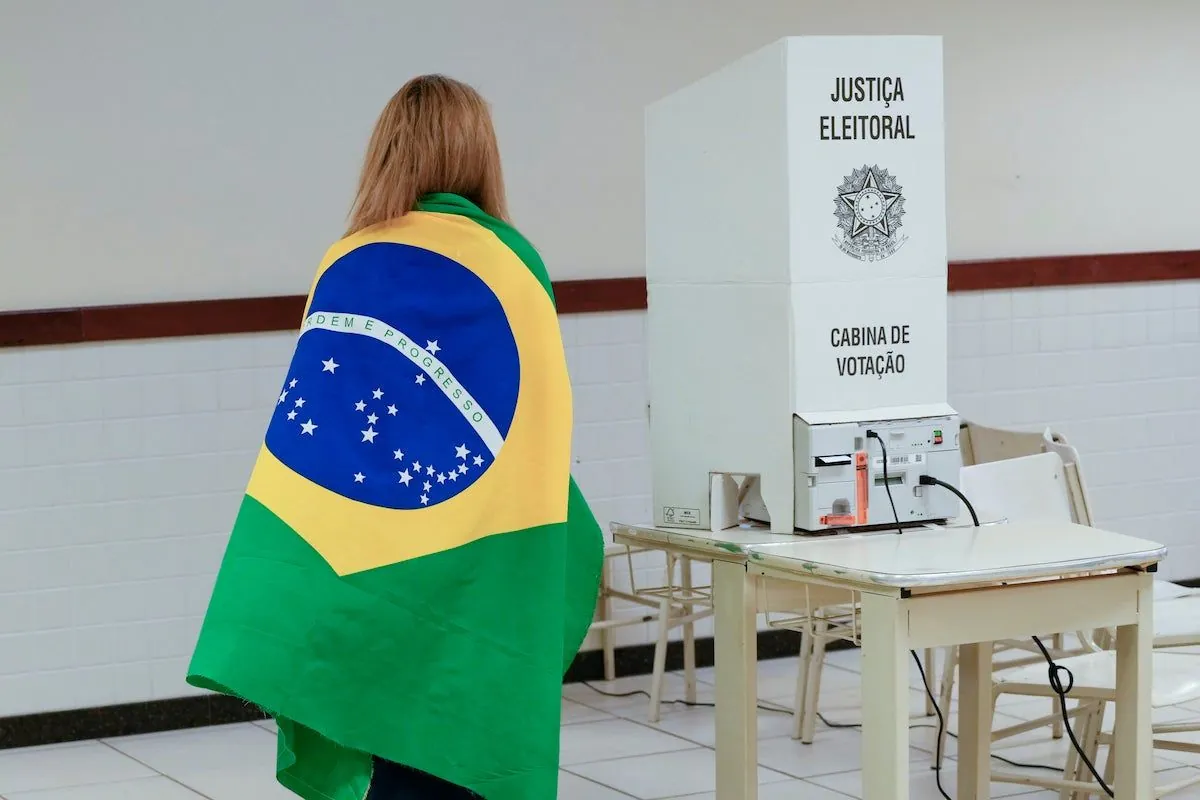On October 8, 2024, Brazilians will cast their votes in municipal elections across more than 5,500 municipalities, selecting mayors and city councilors. This democratic exercise, occurring every four years, is shaping up to be a significant indicator of the country's political trajectory ahead of the anticipated 2026 presidential race.
The spotlight is on Sao Paulo, Brazil's most populous city and a key political battleground. Three candidates are locked in a tight race for the mayoral position, reflecting the broader political shifts occurring nationwide. According to recent polls, the incumbent center-right Mayor Ricardo Nunes is tied at 26% with far-right digital influencer Pablo Marçal, while leftist candidate Guilherme Boulos, backed by President Luiz Inácio Lula da Silva, leads narrowly with 29%.
Marçal's unexpected rise in the polls, despite limited funding and TV exposure, underscores the growing influence of social media in Brazilian politics. His campaign has been marked by controversial tactics, including aggressive attacks on opponents, which have garnered significant attention.
"The anti-establishment views of the right have become the trend"
This shift towards conservative candidates is not limited to Sao Paulo. Across Brazil, candidates associated with former President Jair Bolsonaro are performing well, despite his ban from seeking elected office until 2030. Conversely, candidates linked to President Lula and his Workers Party (PT) are facing challenges, mirroring a decline in the president's popularity during his third non-consecutive term.
The Workers Party, a dominant force in Brazilian politics for the past quarter-century, faces the unprecedented possibility of not winning a single state capital in these elections. This potential outcome highlights the evolving political landscape and the party's current struggles.
Brazil's complex multi-party system, with over 30 political parties, adds to the intricacy of these elections. The country's fully electronic voting system, in use since 1996, will once again facilitate the process for the over 150 million eligible voters.
It's worth noting that Brazilian electoral law mandates voting for citizens between 18 and 70 years old, ensuring high participation rates. Additionally, the implementation of gender quotas requiring parties to field a minimum percentage of female candidates aims to promote diversity in political representation.
As the elections approach, both Lula and Bolsonaro have largely stayed away from active campaigning, a strategy that may be aimed at avoiding association with potentially unsuccessful candidates. This hands-off approach has complicated political alliances, particularly in Sao Paulo where Bolsonaro's endorsement of Nunes has been notably lukewarm.
The outcome of these municipal elections, particularly in major cities like Sao Paulo, will likely have far-reaching implications for Brazil's political future. With the mayor of Sao Paulo overseeing a budget larger than that of many countries, the results will be closely watched both domestically and internationally.
As Brazilians prepare to vote, the rise of anti-establishment sentiments and the increasing importance of social media in political campaigns are reshaping the country's political dynamics. The results of these elections may well set the stage for the 2026 presidential race, potentially redrawing Brazil's political map in the process.
